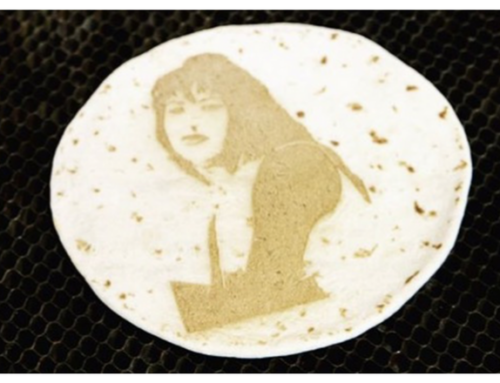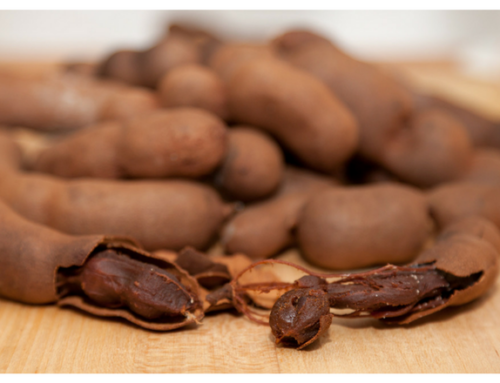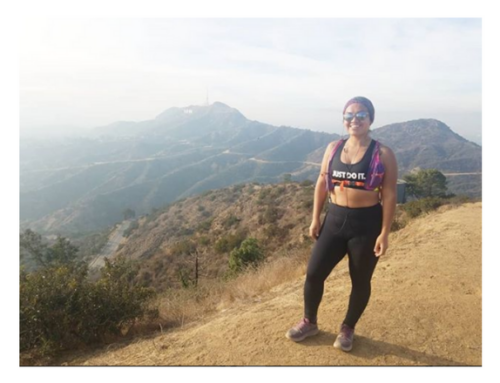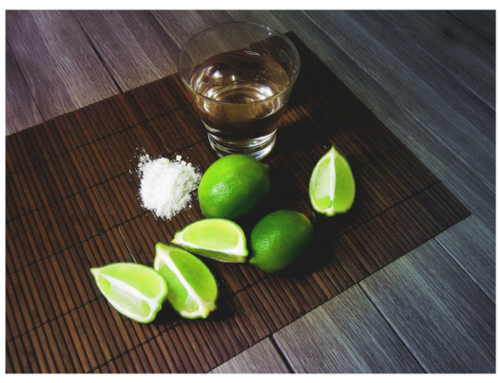If you happen to have a table near the semi-open kitchen when you visit Amaranta, one of the 50 best restaurants in Latin America, you might notice a young man with an intense expression of concentration working the line. He pauses occasionally, looking out over the dining room. It's brief—he's busy—but perceptible. His expression changes, softening into a sort of quiet wonder. This was his dream, and now it's real. The restaurant is full and the guests are happy. They are deep into conversations, a bit buzzy on wine or mezcal, but he can see them pause, offering their utmost attention to servers who arrive table-side in black suits to deliver plates and introduce the delights that sit upon them, waiting to be savored.
That man is Pablo Salas, a 34-year old chef who is just about to celebrate four years of steady, if quiet, success in Toluca, the city that is the seat of Edomex, the state of Mexico. He's a local celebrity of sorts, but is not as widely known outside of the country—not yet, anyway. That may soon change, thanks to Amaranta's inscription in the 50 best list, ranking at #40. The judges' panel praised Salas for applying “contemporary but unshowy techniques to local produce, creating big and bold flavours in the process.”
At first glance, Amaranta may not seem a candidate for 50 best, located, as it is, outside Mexico City. But at about an hour's drive from the capital, the restaurant is accessible, and a growing number of chilangos and tourists alike are making their way to Toluca to taste for themselves: Is Salas everything Restaurant Magazine says he is?
He is—and more. Beyond being a wildly talented chef, Salas is a genuinely good guy. He seems aware that this dream could have slipped from his grasp completely had he not exercised a tremendous amount of discipline and tough decision-making. That's true for any chef, of course, but for Salas, who overcame addiction and has been clean and sober for four years, it has been even more so.
The love and support of his family have also been fundamental to his success—and the fact that Amaranta even exists. His father invested money in the restaurant, “and put up with all my problems,” Salas noted, and, along with Salas's mother, works the front of the house. Salas's brother, Francisco, is also on staff at Amaranta; he is the sommelier.
Salas's path to the 50 Best list wasn't exactly a straight one, though he showed promise at an early age. He entered culinary school at the age of 17 and finished just short of three years later. “My instructors, the grandes maestros, didn't just teach me about food and cooking,” he said. “They also taught me about the life of a cook: it's working hard, day in and day out.”
Hard work hasn't been merely a theoretical concept for Salas. His first business out of culinary school was making and selling desserts (cheesecakes, tarts, and profiteroles) to restaurants around Toluca, including the one that Amaranta now occupies.
Next, Amaranta is born… [pagebreak]
“One day, the owner stopped buying from me,” Salas recounted. “I asked him why. 'Is my product bad?' 'No,” the man said, 'the truth is that I've really let this business go. If you want it, I'll sell it to you.'” Salas recalled that the man made the offer in a joking tone, but Salas leapt at the chance to have his own place. “I was really interested and so I asked him, 'Would you really?'” The owner did, and in 2004, Salas hung his first shingle as a chef and restaurateur.
But it wasn't Amaranta that initially occupied the space on Calle Francisco Murgia, on the corner of Calle Matamoros. When Salas acquired the restaurant, he also assumed its existing culinary orientation. “The restaurant served international cuisine,” he explained, and it wasn't until someone noticed that many of his dishes featured ingredients native to the state of Mexico, ingredients that were, as the sign on the restaurant today now indicates, “mexiquenses”, that Salas decided to turn his focus towards those ingredients almost exclusively.
“I began devoting myself to learning more about these ingredients,” Salas said, “talking with farmers and producers about them. And I asked my father, 'Do you think people are really going to like this, these ingredients that are ours?' The family decided to take a risk, and finally, in September of 2010, Amaranta was born.
Salas needn't have worried about the public's enthusiasm for "lo nuestro,” the typical products of Toluca and the state of Mexico, which include chorizos, trout, chile manzano, and mushrooms, to name a few. Politicians, business executives, and people who save up to be able to eat at Amaranta are effusive in their praise of the restaurant. “Pablo Salas is a virutoso,” wrote one customer in a TripAdvisor review, “and the restaurant is a culinary jewel!”
The 50 Best judges thought so, too. In their remarks about the restaurant, they conceded that while the restaurant is an hour from the capital, “Amaranta should be on the hit list of anyone looking to experience progressive Mexican cooking.” Salas was, of course, thrilled to learn that his restaurant would be inscribed on the list. He went to Lima, Peru for the awards ceremony, which was dream-like. “I never worked to get on the list,” he said, “but to be included in it is an honor. How amazing that they recognized us, not just Pablo Salas, but all of the cooks working in the kitchen, my parents, my family, all of us.”
The inclusion on the 50 best list was the ultimate form of validation for Salas, but he says that even if Amaranta hadn't been ranked, he'd still wake up every day devoted to his culinary calling. “Cooking is my work, it's my sustenance, it's my therapy,” he said. “Ten years on, I'm only really beginning to learn what it means to be a chef. The more I learn, the more I realize how much I don't know. The more I fall in love with this work. Every day I wake up with the desire to just get better and better.”
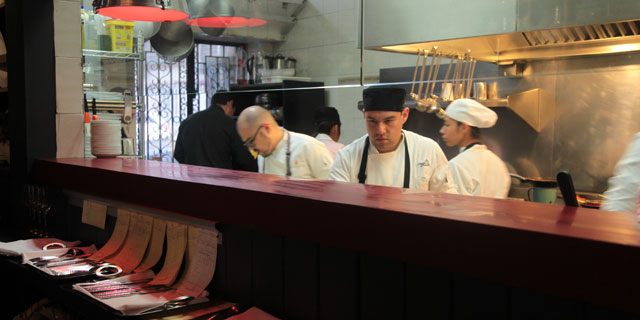
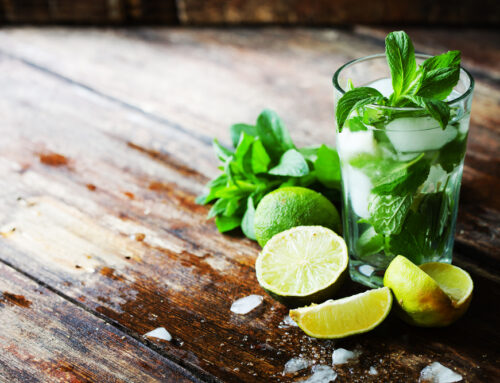
![Making Mealtime Matter with La Familia: Easy Sofrito [Video]](https://thelatinkitchen.com/wp-content/uploads/2015/10/sofrito-shutterstock__0-500x383.jpg)
![Easy Latin Smoothies: Goji Berry Smoothie [Video]](https://thelatinkitchen.com/wp-content/uploads/2015/12/goji_berry-shutterstock_-500x383.jpg)
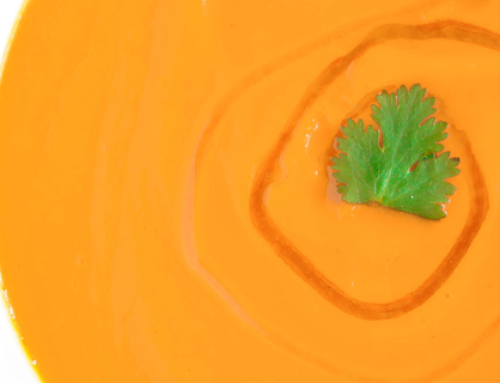
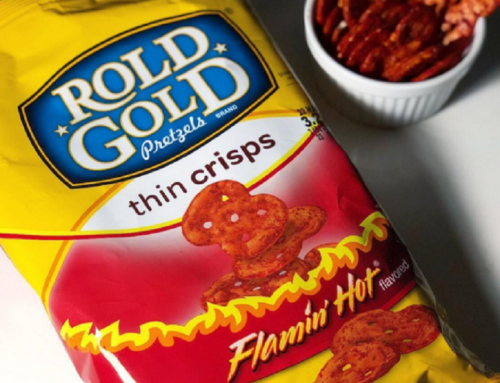
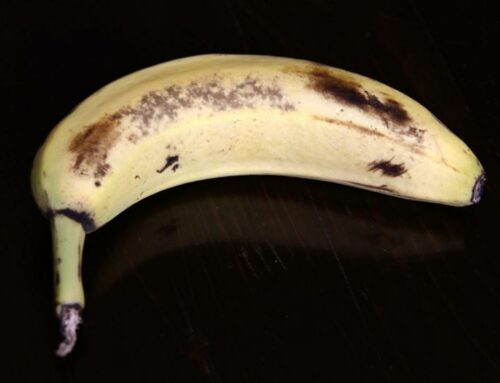
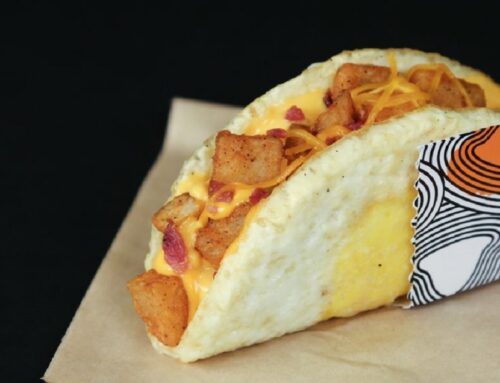

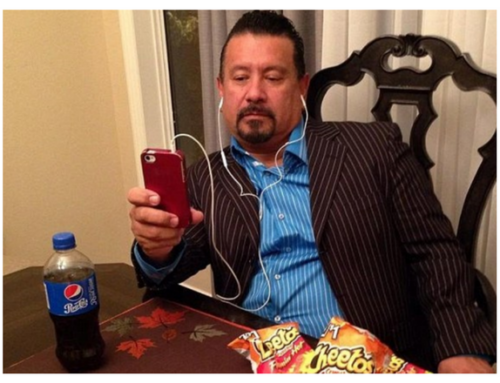
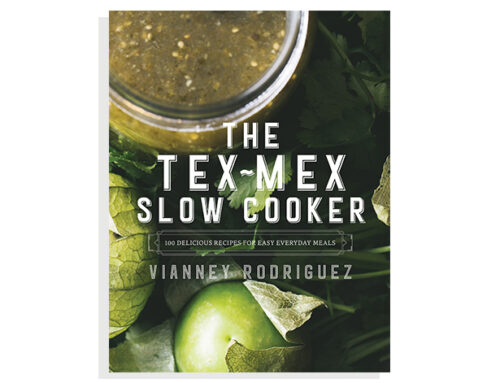
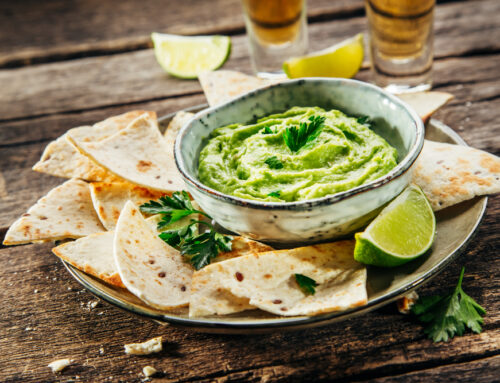

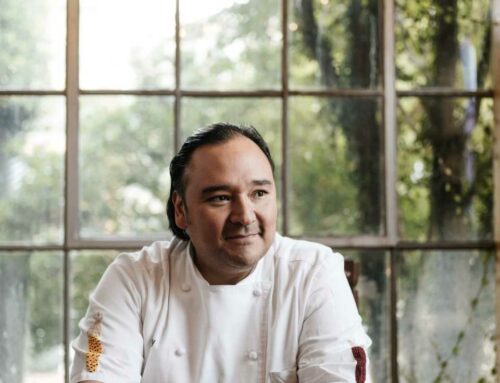

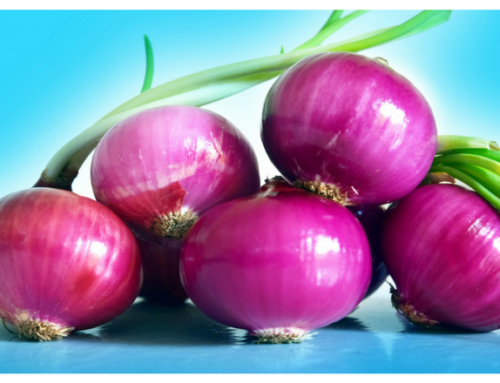

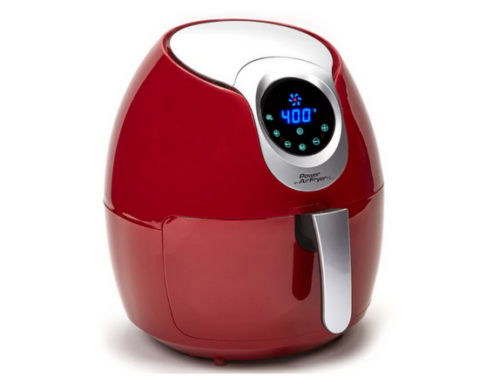

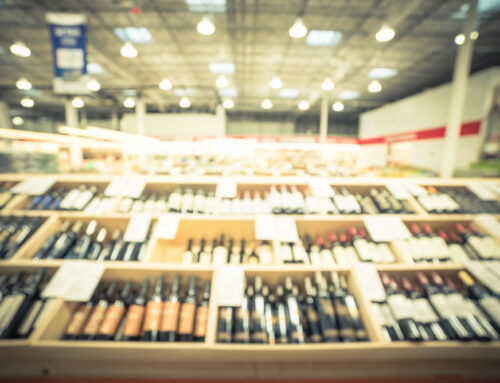
![Fun and Fast Recipes: Fiesta Cabbage Salad [Video]](https://thelatinkitchen.com/wp-content/uploads/2015/11/fiesta_cabbage_slaw-shutterstock_-500x383.jpg)
